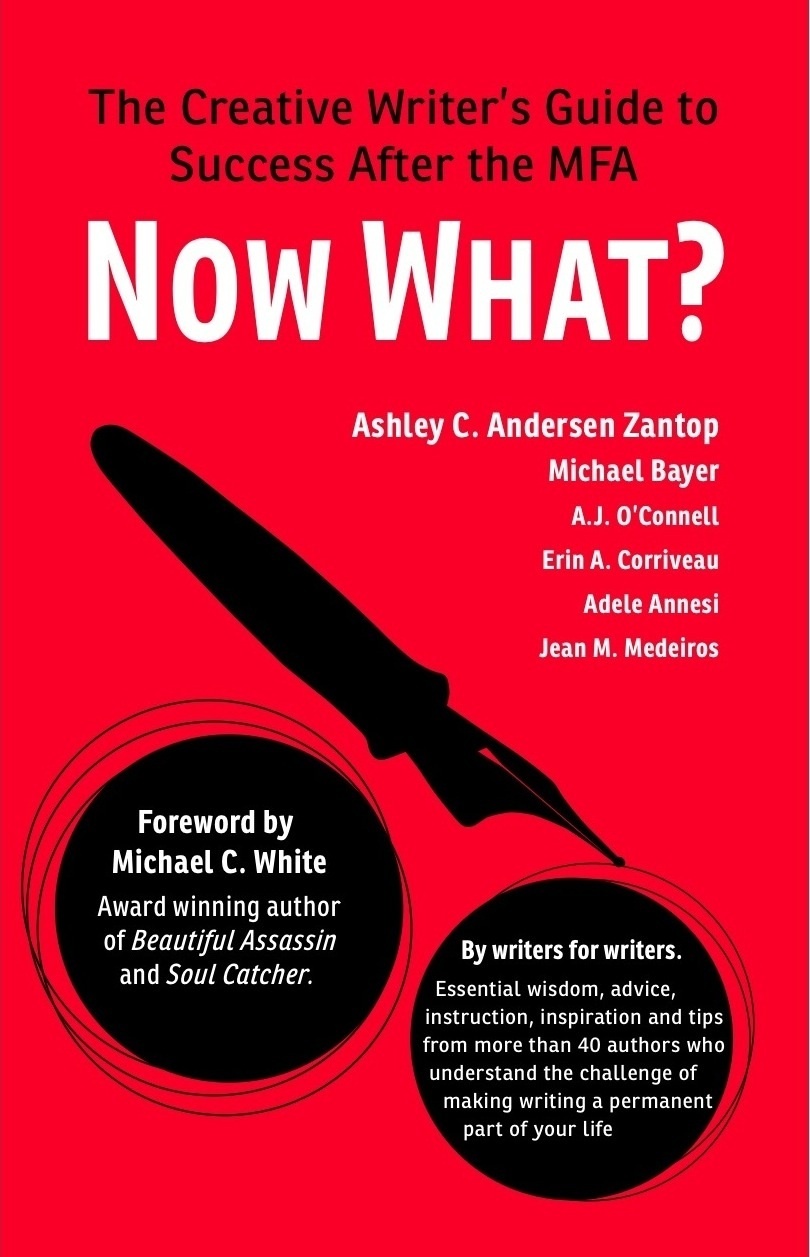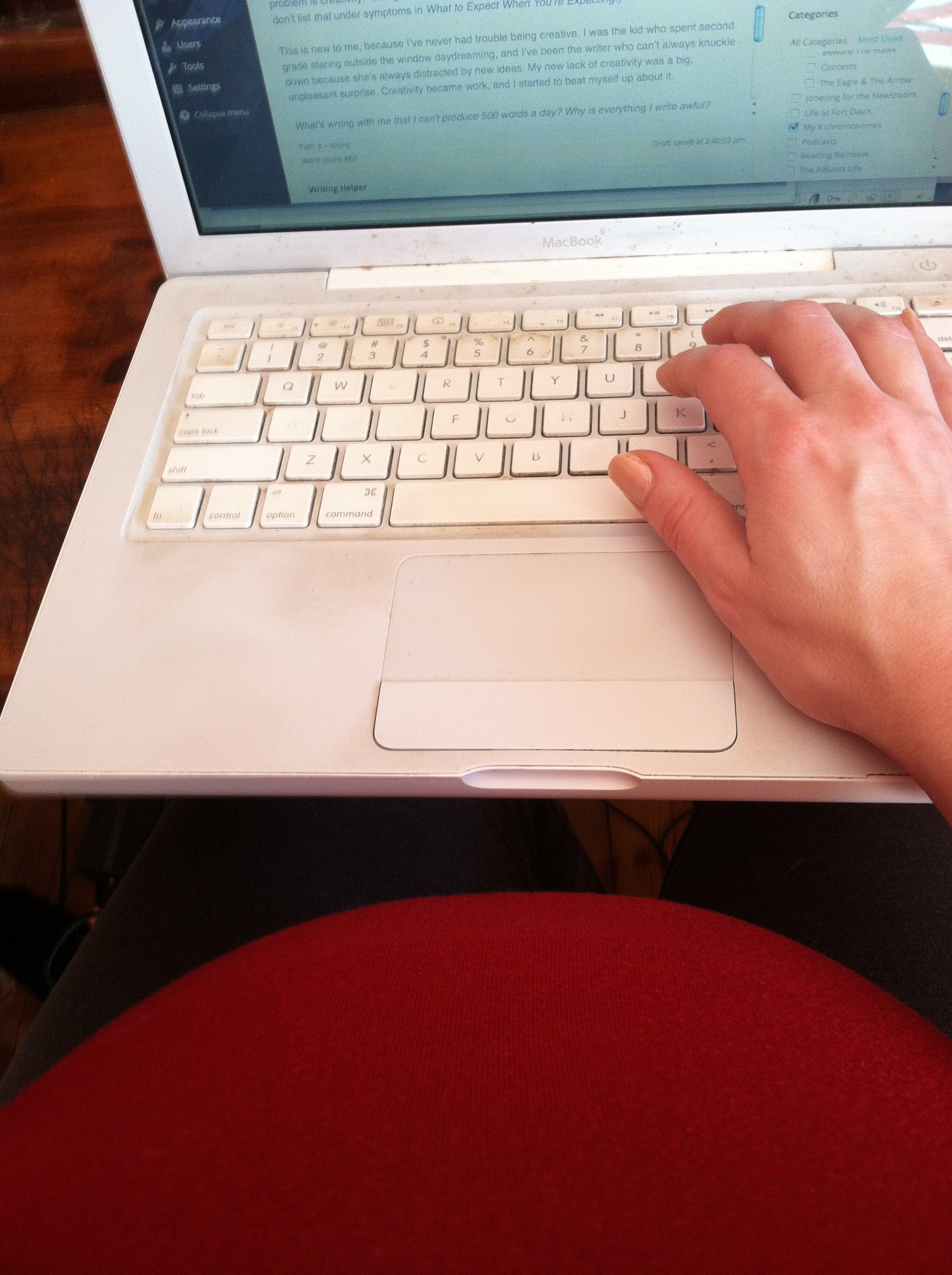Of course you should be striving for good, solid blog posts every time you sit down to write, but not killing yourself to create a unicorn twice a week.
The important thing is not that you create a perfect blog post, it’s that you create a sustainable blogging habit. Optimal blog post lengths and Google’s algorithms change, but you’ve got to keep blogging regularly, and it shouldn’t suck for you to do that. You should be able to enjoy it.
That said, a post filled with typos will damage your credibility
Entrepreneurs who blog may possess the secret sauce: passion and a love of writing, but a successful business blog also needs a little something else.
Depending on who’s writing, that need could be structural or grammatical. The thoughts might not fit together well, there might be typos, or a post may ramble a little too much, not doing service to the business. All of those are pretty common mistakes, and totally fine on a personal blog. But they’re not what readers expect to see on a business blog.
Professional blogs are just that: professional. You don’t want typos turning away any grammatically-minded prospective customers. But that definitely doesn’t mean worrying over your posts or outsourcing your blog to a writer. All it means is that you need a little help before you hit Publish.
Get yourself a reader
The biggest favor you can do for yourself, if you are a business owner who blogs, is this: get yourself a reader.
This could be someone you know and trust, like an employee or friend, who looks over your posts before they go live. Or you could do what I do, read your post aloud to someone before you publish. This helps me slow down and actually see the words I’ve written.
You can also hire an editor.
A word about editors
There’s a lot of concern among new writers about editors. Writers often fear working with an editor who will criticize them and make them feel bad about their work, or rewrite everything, or hijack a blog post and make it theirs.
As someone who has worked in journalism for 17 years, and worked with a lot of editors, let me tell you: a good editor sees what you’re trying to do and helps you do it. They don’t change the point you’re trying to make; they help you sharpen it. They clean up your grammar so your voice can shine.
Working with a good editor is like working with one of the Dancing With The Stars house dancers: it doesn’t matter if you don’t know all the steps, the professional’s job is to make you look good.
Editing is so important that editors who write work with other editors. One of my favorite clients employs an editor who is a delight to work with. Sometimes, I’m too close to a project. She is able to step back and see the post as a whole. Then she makes a few changes and the whole piece sings. And I can relax, knowing my piece is in good hands.
Hiring an editor is an investment in your business, but if working with an editor isn’t your style, you can still learn how to build a better blog post.
I am teaching a live, free Build A Better Blog post course this week (May 16, 17 and 18) in The Content Clubhouse Facebook Group, offering live videos and answering questions from you about how you can improve your blog posts. And if you come across this post after the 18th, no worries. The videos will still be there.If you are ready to hire an editor, though, I am accepting editing clients this month. I edit blog posts, and this month only, I am running a sale.
So forget that unicorn. Just be the best blogger you can be.



I want you to imagine the perfect blog post.
It’s got an informative, yet clever headline that drags in readers, and a click-compelling image that’s legal for you to use.
The first line hooks your reader right away.
The second paragraph hits your audience smack in the pain point, and moves on from there into a body filled with action items and takeaways so clear, they end up in a Google featured snippet.
It’s about 1,500 words.
There are keywords, but not TOO many keywords.
It’s broken up into shorter chunks with clear subheads that keep the reader moving through the content.
It ends with a call to action that will compel your readers to do something: comment, enter your sales funnel, download something… and they do.
My god. It’s beautiful.
What I’ve just described isn’t the reality of most blog posts. It’s a myth writers are chasing, a target we’re trying to hit. And although this shimmering mirage of a perfect blog post provides writers with a goal, it has its drawbacks as well. For one thing, it’s a moving target.
The components of a “perfect post” are constantly in flux — a few years ago, the optimal length for a business blog post was between 500-700 words. Now, depending on who you ask, it’s 1,600 words, or close to 3,000.
Also, Google is constantly changing as well, so different types of content do better or worse depending on those algorithms, and that’s something we have no control over.
But here’s my big beef with the idea of a “perfect blog post” — it intimidates business owners and entrepreneurs who write their own blogs. I am a professional content writer. I write other people’s blog posts for a living, so it’s my job to try to hit the perfect blog post target. But there are plenty of business owners and entrepreneurs out there who enjoy writing their own business blogs, and this idea of having to write a perfect blog post that’s going to bring in the right leads instantly shouldn’t be stifling them.
Those folks — the people who love writing about their businesses so much that they do it regularly — are their own brand of unicorn.
The blogging business owner
The business owner that likes to blog is not nearly as common an animal as you’d think. But they are the perfect blogger, no matter what their writing skills are like. Here’s why:
That last one is important. Consistency is the most important ingredient of any blog. If you’re stressing out about making sure your blog posts are perfect, your consistency will end up suffering when blogging becomes a task you have to do.